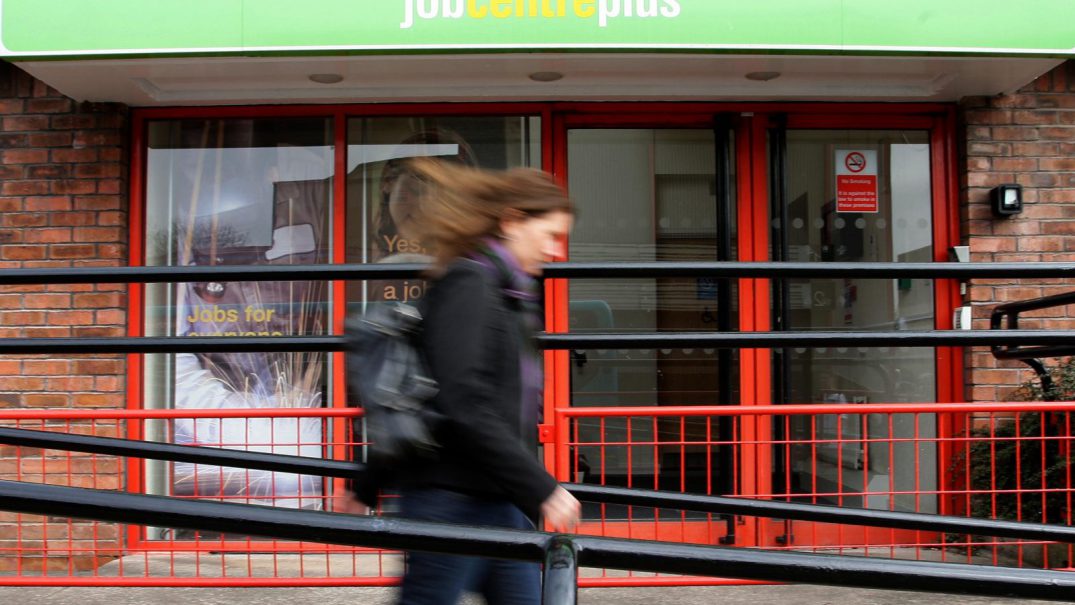International rights are only as good as the national mechanisms that protect them

Image: Martin Rickett, PA Archive/PA Images
In June 2016, the UN Committee on Economic, Social and Cultural Rights reproached the UK Government its failure to reconcile austerity with international human rights law. The Committee made 60 recommendations in areas such as housing, equality law, social security and public health.
According to international law, the Government must comply with international obligations and engage with international human rights bodies in good faith.
However, in February 2017 the Ministry of Justice announced that it did not intend to report before June 2021 on the implementation (or lack thereof) of the UN’s recommendations.
Slightly over a year later, it is encouraging to see that the Ministry of Justice will be represented at a high level today in an event co-organised by Just Fair and the Equality and Human Rights Commission (EHRC) to examine precisely what progress the UK has made in relation to economic and social rights since the UN’s report of 2016. The Chair of the UN Committee, Ms Virginia Bras-Gomes, will be there and she will stress the importance of strong national mechanisms to hold governments to account. Ms Bras-Gomes will also present the recently launched UN procedure to follow up on governments’ consideration of the Committee’s recommendations.
The event today marks the launch of a report by the EHRC on the level of enjoyment of economic and social rights in Great Britain. The report focuses on four of the priorities identified by the UN in 2016: a) the status of economic and social rights in domestic law, b) ‘welfare reform’ and its impact on the right to social security, c) workers’ rights, and d) access to justice and legal aid.
The UK has not incorporated the International Covenant on Economic, Social and Cultural Rights into domestic law and policy. Hence, as pointed out by the Parliamentary Joint Committee on Human Rights in a report from 2004, the inadequate legal protection of socio-economic rights ‘may leave vulnerable marginalised groups or individuals’ unless their legal claims ‘can be brought within one of the rights protected under the Human Rights Act’. This Act incorporates most of the European Convention on Human Rights and few social rights claims succeed within its confines.
The EHRC draws from authoritative evidence provided by the Child Poverty Action Group, the Institute of Fiscal Studies and the Joseph Rowntree Foundation to show how thousands of families with children find it impossible to make ends meet as a result of the combined effect of inflation and the social security reforms implemented since 2012. The majority of children in poverty are in working families, which constitutes a depressive sign of the unfairness of our society: Those families are doing precisely what the system expects them to do (they are working) and yet an adequate standard of living is denied to them. The evidence also reflects that non-white households and single parent households (the vast majority of which are headed by women) suffer from higher levels of in-work poverty, which brings to light the intersections between ethnicity, gender and inequality.
The UK currently enjoys historically low unemployment levels, which is indeed very good news. However, the conditions are deteriorating for a significant number of workers. The increase in recent years of atypical work arrangements is well documented. In 2016, the UN Committee on Economic, Social and Cultural Rights recommended the UK Government to restrict the use of precarious self-employment and ‘zero hour contracts’ and to ensure that the labour and social security rights of people working in these conditions are fully guaranteed in law and in practice. The Taylor Review of Modern Working Practices recently pointed to the lack of clarity around the exact drivers of the increasingly flexible labour market, adding that ‘this is where concern around the balance of flexibility and security for individuals arises’. The enjoyment of workers’ rights is also unevenly distributed in society from the perspective of gender. Women held 67% of jobs paid less than or close to the National Minimum Wage or National Living Wage at the end of 2016. The overall hourly gender pay gap for median earnings for all employees, both full-time and part-time, is 18.4%.
The Legal Aid, Sentencing and Punishment of Offenders Act 2012 (LASPO) had a very negative impact on access to justice in England and Wales. The year before the relevant provisions of LASPO came into force, legal aid was granted in 925,000 cases; the year after, assistance was given in 497,000 cases, an astounding drop of 46%. LASPO restricted the access to legal aid in relation to housing, social security, debt, employment, immigration and family law. The EHRC’s report highlights the aggravated impact on persons with disabilities, Black Asian Minority Ethnic (BAME) families and survivors of domestic violence, including children. The Law Society has documented that cuts in the availability of early legal advice to individuals are resulting in the escalation of problems in relation to debt, housing and health, putting an additional burden on public services. Research by the Law Society also indicates that people who did not receive early legal advice were 20% less likely than average to have had their issue resolved.
International human rights bodies contribute to the democratic credentials of societies by holding public authorities to account. International bodies are important and we need them strong. That said, internationally recognised human rights are only as good as the national mechanisms that protect them. We welcome the EHRC’s contribution and the willingness of the Ministry of Justice to engage in the conversation. We hope the dialogue will continue from now on. Parliament’s Joint Committee on Human Rights could also play a more prominent role in monitoring Government’s compliance with the conclusions and recommendations of international human rights bodies. It would also be a step in the right direction if citizens were allowed to submit individual complaints directly to international committees if domestic remedies fail to protect their socio-economic rights.
The game of human rights is played at home, not in Geneva, New York or Strasbourg. If we end up leaving the EU, it will be more important than ever for Britain to enshrine economic and social rights in national laws and policies.






